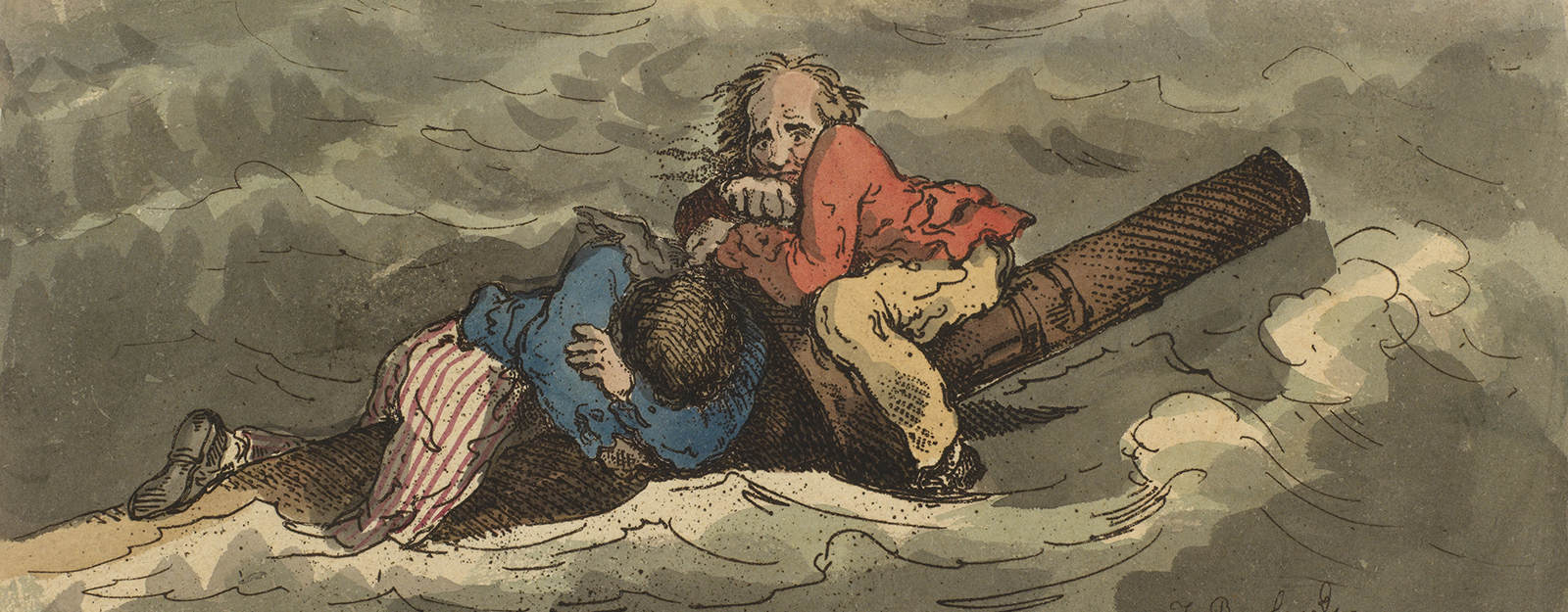Sorry, access to this page is denied
This page might have been moved, updated or deleted. Please try searching the site or visit the homepage.

Misery, Thomas Rowlandson ©

Start typing
This page might have been moved, updated or deleted. Please try searching the site or visit the homepage.

Sign up to e-mail updates for the latest news, exclusive events and 15% off in our online shop.
We will look after your data in accordance with our Privacy Notice.
The income from your ticket contributes directly to The Royal Collection Trust, a registered charity. The aims of The Royal Collection Trust are the care and conservation of the Royal Collection, and the promotion of access and enjoyment through exhibitions, publications, loans and educational activities.

